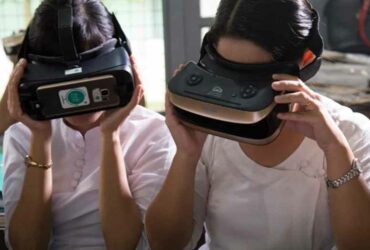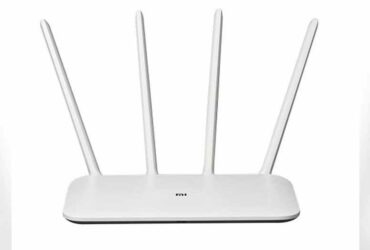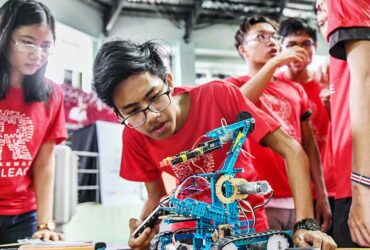Japan, one of the world’s longest-lived countries, is experiencing an increasing number of elderly people, and the number of people able to work is gradually decreasing. In 1995, when the country’s population was 124 million, the number of workers was 87 million. Now that the population is almost (127) million, the number of workers is only (76) million. According to surveys, by the year 2065, Japan’s workforce will be only 45 million. In Japan, everything from large industries to hotel housekeeping relies on robots.
The financial investments for these robot workers are even up to 17.5% of the company’s value. It is said that some hotel businesses are using up to a hundred robots where they would be comfortable with only three workers. I will continue to provide the full information on Japan’s labor shortage in this link below. Japan, home to the world’s longest-living citizens, has seen its working-age population decline steadily since 1995. In 1995, there were 87 million Japanese workers. According to surveys, the number of people who can work this year will be 45 million by 2065, from 6 million. According to a survey by the Bank of Japan, companies are investing in robots at a record high of 17.5%. Robots include robots used in everything from large-scale industrial production to hotel room service.

With the increase in the use of robots in business, the income of Japanese robotics companies is also increasing. More than 90% of Japan’s companies are medium and small businesses. As of March 31, 2016, according to the statistics of the Ministry of Labor, medium-sized companies with between 100 and 499 employees posted 1.1 million job vacancies. This is the highest in the last five years and almost 5 times the number of employees of the 500-employee company. In Japan, robots are not only used in manufacturing and construction, but also in food and beverage industries. Hotel services are being used. For example, Hen na Hotel near Tokyo Disneyland uses 140 robot and AI concierges for 100 rooms. In fact, this job can be done with 2 or 3 employees, said Yukiona Gai, a hotel manager. In any case, Japan, where the aging population is increasing along with the scarcity of human resources, will have to increase the use of human-replacing robots in the workplace.
















